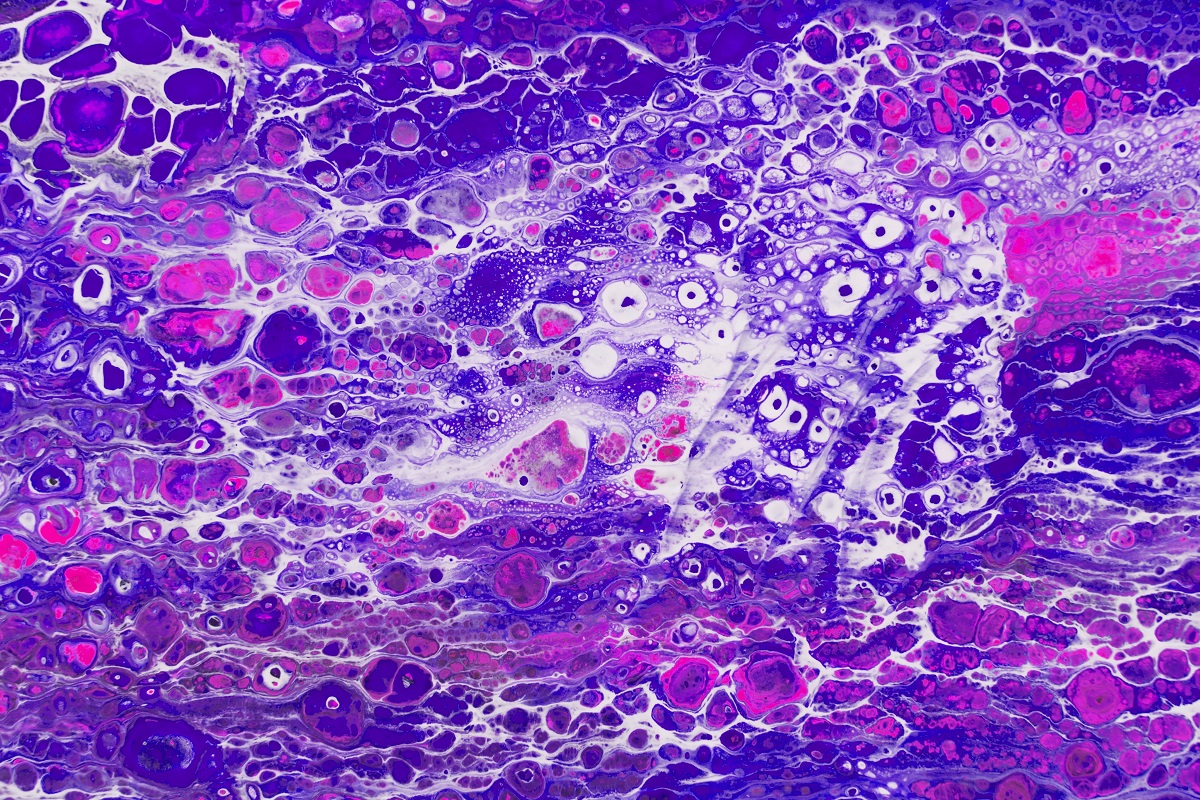KEY TAKEAWAYS
- The phase 2 trial aimed to assess HP [1-13C]-pyruvate MRI/MRS for evaluating spleen pyruvate metabolism to identify cervical cancer radiotherapy patients.
- Researchers noticed the feasibility of HP [1-13C]-pyruvate MRS in evaluating spleen immune potential, correlating with CC outcomes post-radiotherapy.
Given the significance of the abscopal effect, monitoring pyruvate metabolism in the spleen is crucial for assessing immune activity and optimizing radiotherapy outcomes in cervical cancer (CC).
Gigin Lin and the team aimed to explore the feasibility of utilizing hyperpolarized (HP) [1-13C]-pyruvate magnetic resonance imaging (MRI) and magnetic resonance spectroscopy (MRS) to evaluate pyruvate metabolism in the human spleen, aiming to identify potential candidates for CC radiotherapy.
They performed an inclusive analysis, recruiting 6 female patients (median age 55 years; range 39-60) with cervical cancer. They evaluated patients using HP [1-13C]-pyruvate MRI/MRS at baseline and 2 weeks post-radiotherapy. Proton (1H) diffusion-weighted MRI was conducted to estimate splenic cellularity. The primary outcome, tumor response to radiotherapy, was assessed. The Student t-test compared 13C data between groups.
The splenic HP [1-13C]-lactate-to-total carbon (tC) ratio showed a 5.6-fold decrease in responders compared to non-responders at baseline (P = 0.009). Following radiotherapy, the splenic [1-13C]-lactate-to-tC ratio increased 1.7-fold (P= 0.415), while the splenic [1-13C]-alanine-to-tC ratio increased 1.8-fold (P= 0.482).
Blood leukocyte differential count revealed a higher proportion of neutrophils two weeks post-treatment, suggesting heightened immune activity (P = 0.013). The splenic apparent diffusion coefficient values did not significantly differ between groups.
The study concluded that HP [1-13C]-pyruvate MRS of the spleen demonstrates feasibility in evaluating baseline immune potential, which correlates with clinical outcomes of cervical cancer following radiotherapy.
The trial was sponsored by Chang Gung Memorial Hospital.
Source: https://pubmed.ncbi.nlm.nih.gov/38594558/
Clinical Trial: https://clinicaltrials.gov/study/NCT04951921
Lin G, Hsieh CY, Lai YC, et al. (2024). “Hyperpolarized [1-13C]-pyruvate MRS evaluates immune potential and predicts response to radiotherapy in cervical cancer.” Eur Radiol Exp. 2024 Apr 10;8(1):46. doi: 10.1186/s41747-024-00445-1. PMID: 38594558; PMCID: PMC11003947.



